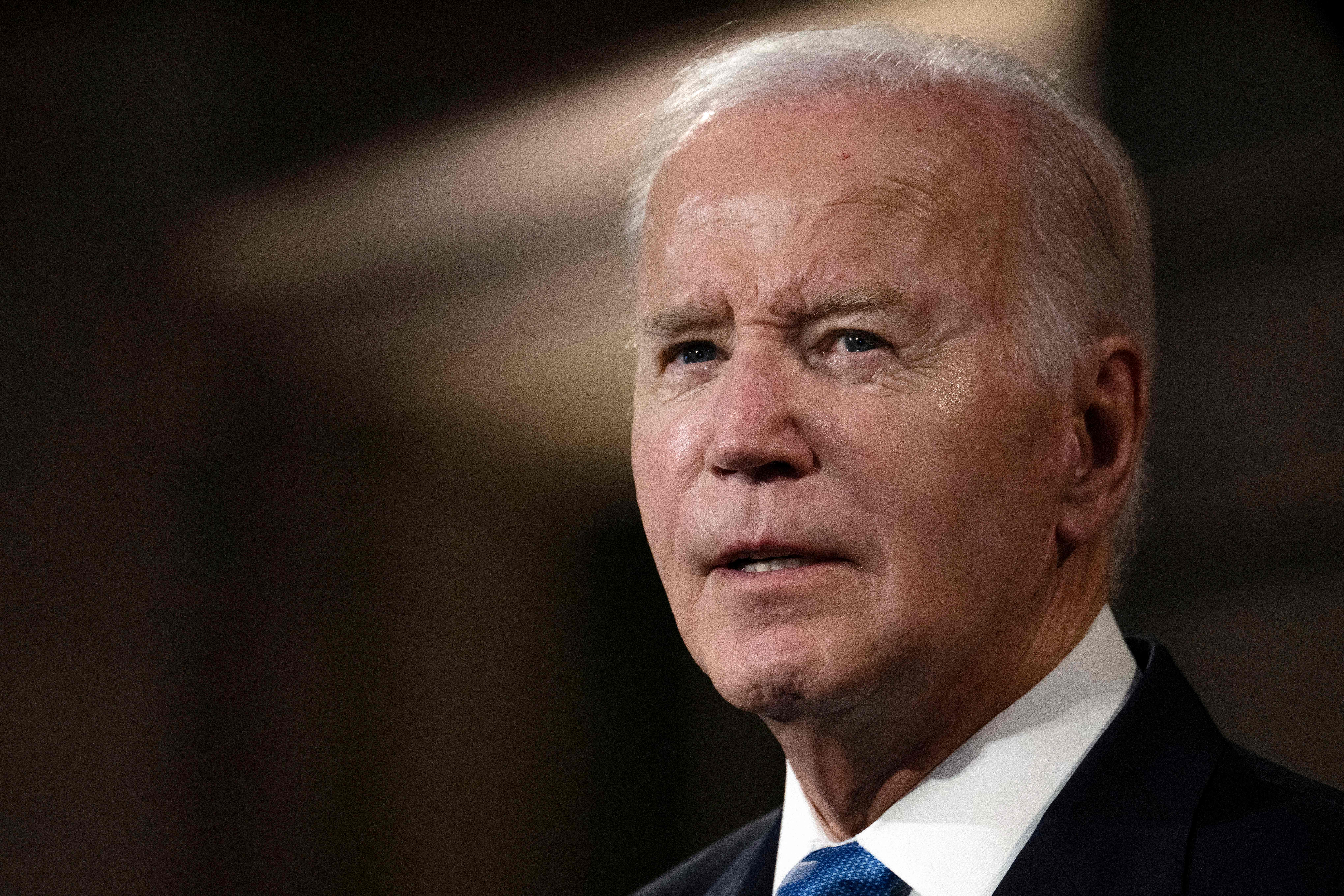Households and businesses can again be paid for cutting electricity use during times of high consumption.
The Demand Flexibility Service (DFS) will once more be in operation this winter, from 30 October, the energy regulator Ofgem and National Grid Electricity System Operator (ESO) have announced.
Homes with smart meters, an electronic device measuring electricity use, can sign up to the scheme as can businesses large and small.
It’s the second time the service is being offered in Britain, after it was first brought in last year.
Read more:
What is the Demand Flexibility Service and how can I save £100 off my energy bill if I sign up?
The DFS will help reduce demand when the grid comes under pressure during peak times this winter.
It can be useful when low amounts are being generated by renewables and demand is high, especially during cold periods and at peak evening times.
‘Beginning of the end of fossil fuels’: Peak oil, gas and coal demand predicted by 2030
UK wholesale gas prices rise to highest level since February
PM urged to give support to millions of households set to struggle with energy costs this winter
Please use Chrome browser for a more accessible video player
Energy users can sign up via their energy provider. Last time, 31 providers registered to provide the DFS and £11m was paid out to the 1.6 million participants.
Enough energy to power nearly 10 million homes – 3,300 megawatt hours – was saved across the 22 times that users were asked to power down last winter.
Those who sign up to the service will receive a guaranteed acceptance price of £3 per kilowatt hour not used for at least six of the test events being run.
Be the first to get Breaking News
Install the Sky News app for free
Unlike last winter 2022-2023, there will be no option to power back-up coal generators in the event of tight supply and demand.
They were warmed up several times and used once, during March, when a cold snap combined with low wind generation.
While the ESO is confident it has the requisite capacity this cold season, market experts still expect gas and electricity costs to go up over winter as demand spikes, meaning bills are likely to become more expensive.









